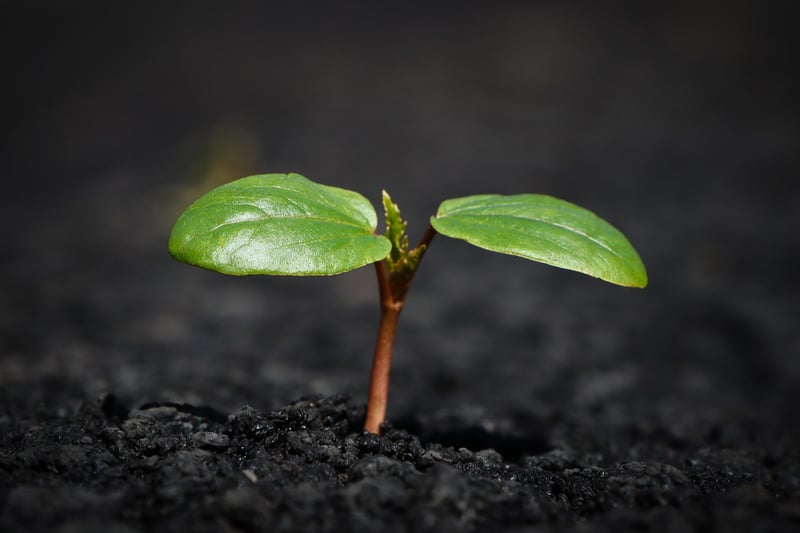Soil Health
Top Tips for Maintaining Plant and Soil Health
Introduction
Ensuring the vitality of your plants goes hand in hand with maintaining the health of your soil. Healthy plants start with healthy soil, so it's essential to pay attention to both aspects for a thriving garden or landscape. Here are some expert tips to help you achieve optimal plant and soil health.
1. Choose the Right Plants
Start by selecting plant species that are well-suited to your region's climate, soil type, and sunlight conditions. Choosing the right plants can reduce the need for excessive watering, fertilizers, and pesticides.
2. Implement Crop Rotation
Rotate your crops regularly to prevent the depletion of specific nutrients in the soil. Different plants have different nutrient needs, so rotating them helps maintain soil fertility naturally.
3. Use Organic Mulch
Organic mulches like straw, wood chips, or compost help retain moisture, suppress weeds, and improve soil structure. Mulching also adds organic matter to the soil as it breaks down.
4. Practice Proper Watering
Avoid overwatering or underwatering your plants. Water deeply but infrequently to encourage deep root growth. Use soaker hoses or drip irrigation to deliver water directly to the root zone.
5. Compost Regularly
Composting kitchen scraps, yard waste, and other organic materials enriches the soil with valuable nutrients. It also helps maintain soil moisture and supports beneficial microorganisms.
6. Conduct Soil Tests
Regularly test your soil to assess its pH level and nutrient content. Adjust soil pH as needed and supplement with organic fertilizers to ensure your plants have access to essential nutrients.
7. Encourage Beneficial Insects
Attract beneficial insects like ladybugs, lacewings, and bees to your garden. These insects help control pests naturally, reducing the need for chemical pesticides that can harm soil health.
8. Rotate Planting Locations
Avoid planting the same type of crop in the same location year after year. Rotating planting locations helps prevent the buildup of pests and diseases in the soil.
Conclusion
By following these tips, you can create a sustainable environment where plants and soil thrive together. Remember, healthy soil leads to healthy plants, and a biodiverse garden benefits from a balanced ecosystem. Take care of your soil, and it will take care of your plants!


